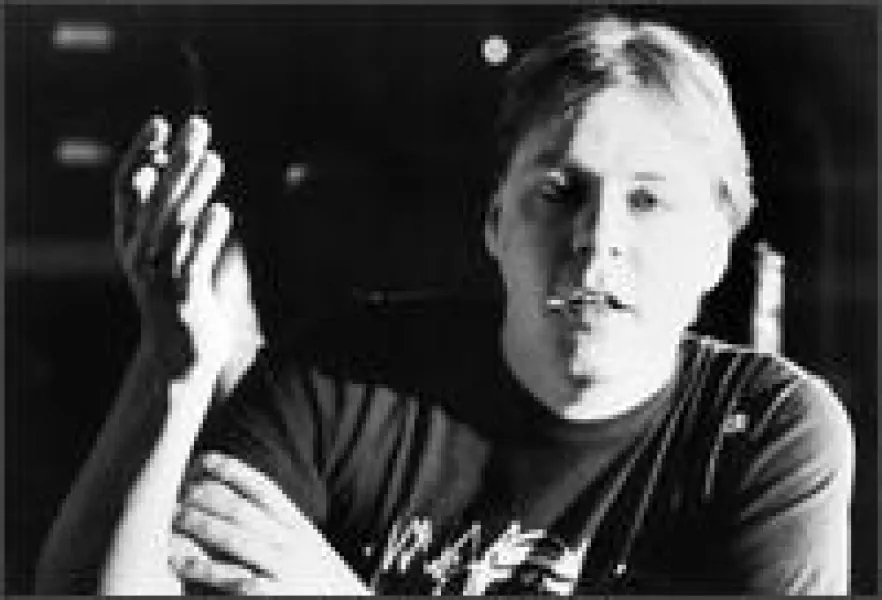
Klaus Schulze
Top Klaus Schulze albums
Top Klaus Schulze lyrics
A Rose Is a Rose Is a Rose... (Totally Wired) *
Klaus SchulzeAnd Now for Something Completely Different *
Klaus SchulzeKlaus Schulze biography
As both a solo artist and as a member of groups including Tangerine Dream and Ash Ra Tempel, Klaus Schulze emerged among the founding fathers of contemporary electronic music, his epic, meditative soundscapes a key influence on the subsequent rise of the new age aesthetic. Born in Berlin on August 4, 1947, Schulze began his performing career during the 1960s, playing guitar, ba** and drums in a variety of local bands; by 1969, he was drumming in Tangerine Dream, appearing a year later on their debut LP Electronic Meditation. The album was Schulze's lone effort with the group, however, as he soon co-founded Ash Ra Tempel with Manuel Gottsching and Harmut Enke, debuting in 1971 with a self-titled record; again, however, the band format appeared to stifle Schulze, and he mounted a solo career a few months later.br /br /While Schulze's previous recorded work had been in a typically noisy Krautrock vein, as a solo artist he quickly became more reflective; although he acquired his first synthesizer in 1972, it did not enter into his solo debut Irrlicht, its long, droning pieces instead a**embled from electronic organ, oscillators and orchestral recordings. The double album Cyborg followed in 1973, and a year later he issued Blackdance, his first recording to feature synths; Timewind, regarded by many as Schulze's masterpiece, appeared in 1975. Around that same time he began producing prog-rockers the Far East Family Band; the group's keyboardist, who went on to become the new age superstar Kitaro, frequently cited Schulze as the central influence behind his own plunge into the world of synths and electronics.br /br /After collaborating with Stomu Yamash'ta on 1976's Go, Schulze resurfaced with a flurry of new solo material, including the LP Moondawn, 1977's Mirage and two volumes of the p**n soundtrack Body Love. He remained extraordinarily prolific in the years to follow, with 1979's Dune, inspired by the Frank Herbert sci-fi cla**ic, becoming his 11th solo record released during the 1970s alone. The 1980s were no less fertile, with Schulze issuing a steady stream of new work in addition to various productions released on his own IC label; Dig It was his first fully digital recording. By the following decade, Schulze had immersed himself in contemporary dance music, occasionally working in conjunction with Pete Namlook (as Dark Side of the Moog). ~ Jason Ankeny, All Music Guide
